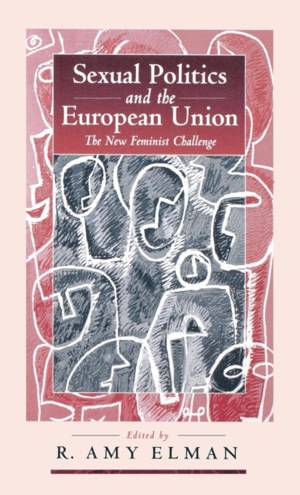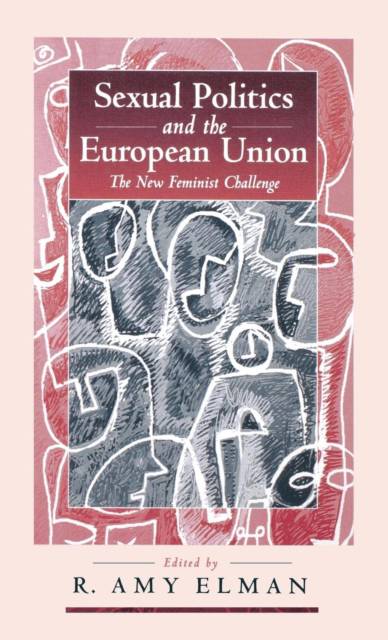
- Retrait gratuit dans votre magasin Club
- 7.000.000 titres dans notre catalogue
- Payer en toute sécurité
- Toujours un magasin près de chez vous
- Retrait gratuit dans votre magasin Club
- 7.000.0000 titres dans notre catalogue
- Payer en toute sécurité
- Toujours un magasin près de chez vous
Description
Just as feminist scholars began to develop an analysis of "the state" and women in Europe gained access to its political, legal and bureaucratic arenas, increased attention and reliance on European institutions have begun to take precedence over the more parochial concerns of the nation state. With the creation of the European super-state, feminist scholars will have to enhance their understanding of the European Union while activists will increasingly focus their efforts upon its institutions. This volume provides a comprehensive examination of EU policy implications for some of the most burning issues concerning women. This is the first book to transcend the emphasis on economics, the conventional basis for EU public policy discussions, thus providing a basis upon which one can begin to assess the politics of European integration from a feminist perspective.
Spécifications
Parties prenantes
- Auteur(s) :
- Editeur:
Contenu
- Nombre de pages :
- 160
- Langue:
- Anglais
Caractéristiques
- EAN:
- 9781571810625
- Date de parution :
- 01-02-96
- Format:
- Livre relié
- Format numérique:
- Genaaid
- Dimensions :
- 140 mm x 216 mm
- Poids :
- 371 g

Les avis
Nous publions uniquement les avis qui respectent les conditions requises. Consultez nos conditions pour les avis.






